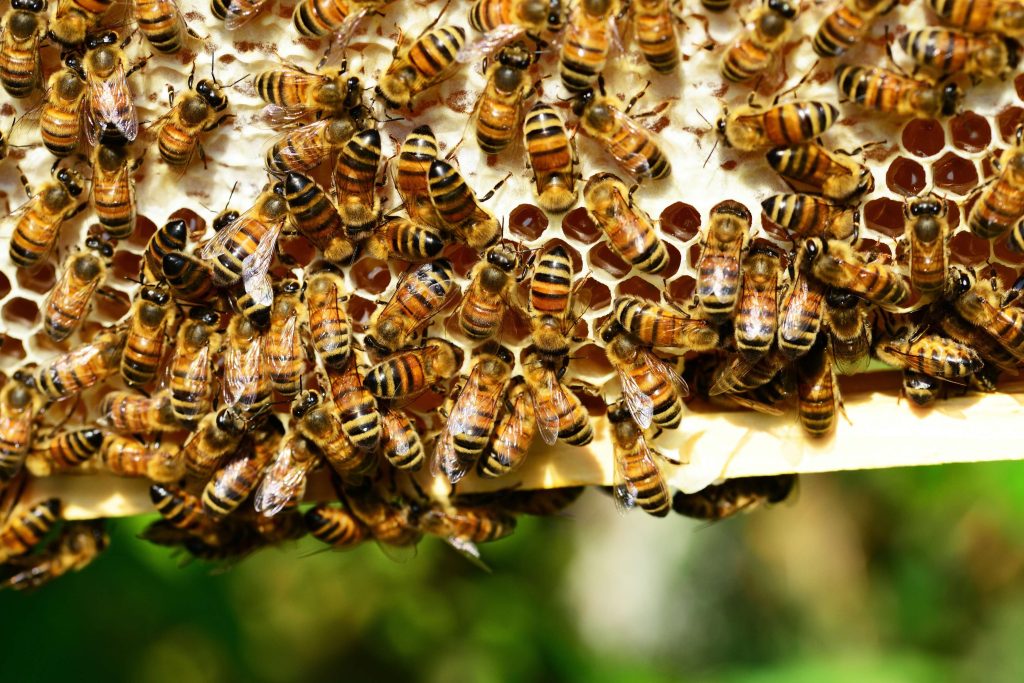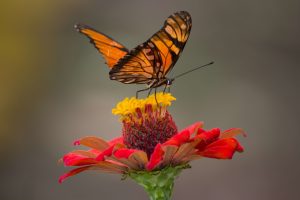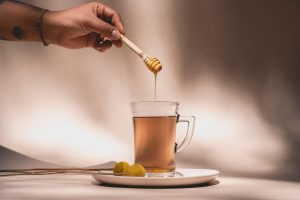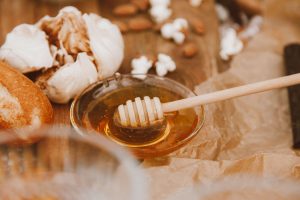Do you know how important these little insects are for the development of life?
The United Nations Food and Agriculture Organization (FAO) reports that there are 100 crop species that provide 90% of food worldwide, and 71 of them are pollinated by bees.
Pollination is crucial because many of the vegetables, fruits, and crops that feed livestock depend on it to be fertilized, so without it there would likely be hunger. Vegetables like broccoli, asparagus, and cucumber depend on bee pollination, as do apricots, strawberries, apples, tomatoes, and almonds.
The reproduction of many plant species depends directly on these pollinators. Bees use pollen and nectar from flowers to feed themselves or to produce honey, so as they feed and collect pollen from the stamens of plants, they transfer seeds.
Climate change, pesticides, and unsustainable exploitation of resources threaten the bee ecosystems and seriously affect the planet and humanity.
These data make us more than rethink the importance of these insects for humanity. If they were to disappear, it would cause a real food crisis, since 84% of commercial crops depend on the pollination they perform.
What can we do to help bees?
Here are some things you can do to help bees:
- Plant native plants in your yard or garden. Native plants are better for bees because they provide the right food and shelter.
- Avoid using pesticides. Pesticides can harm bees and other pollinators.
- Support sustainable agriculture. Sustainable agriculture practices are better for bees and the environment.
By taking these simple steps, you can help to protect these important pollinators and ensure a healthy future for our planet.




